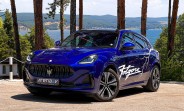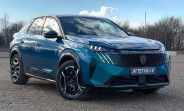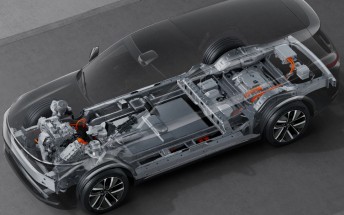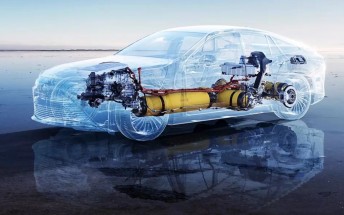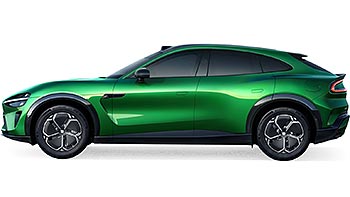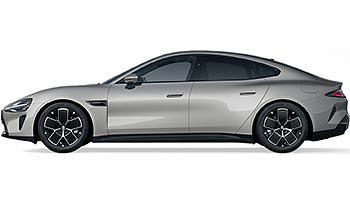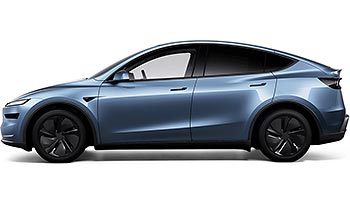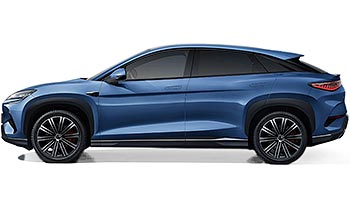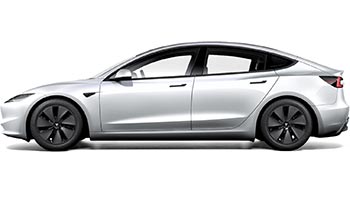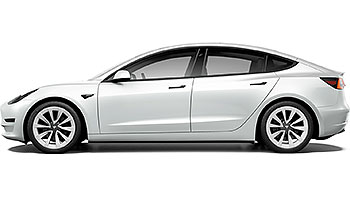BYD’s Yangwang U9 hits 293.54 mph, but is it a record breaker?

Chinese automaker BYD announced its electric supercar, the Yangwang U9, has reached a speed of 293.54 mph in an engineering test. The company is claiming this achievement as a new global speed record for electric vehicles. While the number is undeniably impressive and places the U9 in truly elite company, the claim of a "global record" comes with some fine print.
The title for the fastest electric vehicle on Earth still technically belongs to the Venturi Buckeye Bullet 3. This machine, built by students at Ohio State University, is a purpose-built streamliner that looks more like a rocket than a car. Back in 2016, it achieved a two-way average top speed of 341.4 mph.

BYD's claim cleverly sidesteps this by focusing on vehicles that look and function like actual production cars you could, in theory, drive on the road. So, while the U9 may not be the fastest EV overall, its performance as a production-based vehicle is a monumental step for electric cars.
To understand the U9's achievement, it is best to compare it to the kings of speed from the gasoline world. Its 293.54 mph top speed puts it shoulder-to-shoulder with legendary hypercars - the SSC Tuatara holds a record of 295 mph, and the Bugatti Chiron Super Sport 300+ tops out at 304 mph.

What makes the U9's performance truly disruptive is its price. The hypercars from Bugatti, Koenigsegg, and SSC come with price tags north of $1.39 million, with some exclusive models asking closer to $4 million. The Yangwang U9 sells in China for RMB 1.68 million, which is approximately $232,500 - quite a contrast.
It's no small change by any standard, but it makes the U9 not just a competitor in speed, but a vehicle that completely redefines the cost of entry into the world of elite hypercar performance. This isn't the U9's first attempt at a speed run either - the car hit 243.54 mph last November, making this new record a 20.53% improvement in just a few months.

The record-setting car was not a standard U9 plucked from the showroom floor. It was a specialized engineering test vehicle built to push the limits of BYD's technology. The car uses what BYD calls the world's first mass-produced 1200V high-voltage platform. This is paired with an advanced thermal management system to keep everything cool under extreme stress.
The real power comes from its e4 powertrain, a quad-motor platform where each motor can produce up to 555 kW of power. Combined, this gives the test car a mind-boggling output of over 3,000 horsepower and a world-leading power-to-weight ratio of 1,217 horsepower per ton. This version of the U9 has already been certified by MIIT and it should go on sale some time later this year.
For customers who buy the current Yangwang U9, the specifications are slightly more down-to-earth, but still firmly in supercar territory. The car comes with four electric motors that deliver a combined 1,288 horsepower and 1,239 lb-ft of torque. This allows the U9 to accelerate from 0 to 62 mph in just 2.36 seconds. The motors in the current model are rated at 240 kW each, less than half the output of the motors in the high-speed test vehicle.
To date, 173 units of the Yangwang U9 have been delivered, making it the first Chinese supercar to surpass one hundred deliveries and demonstrating that there actually is a market for high-performance electric cars in China.
Related
Reader comments
Nothing yet. Be the first to comment.




